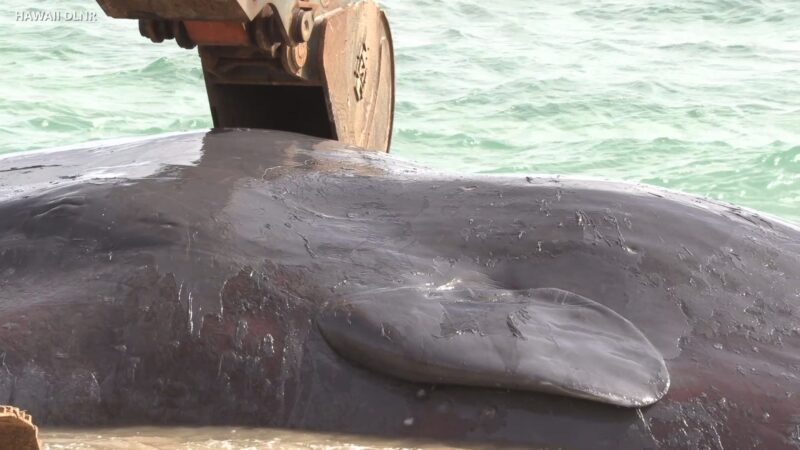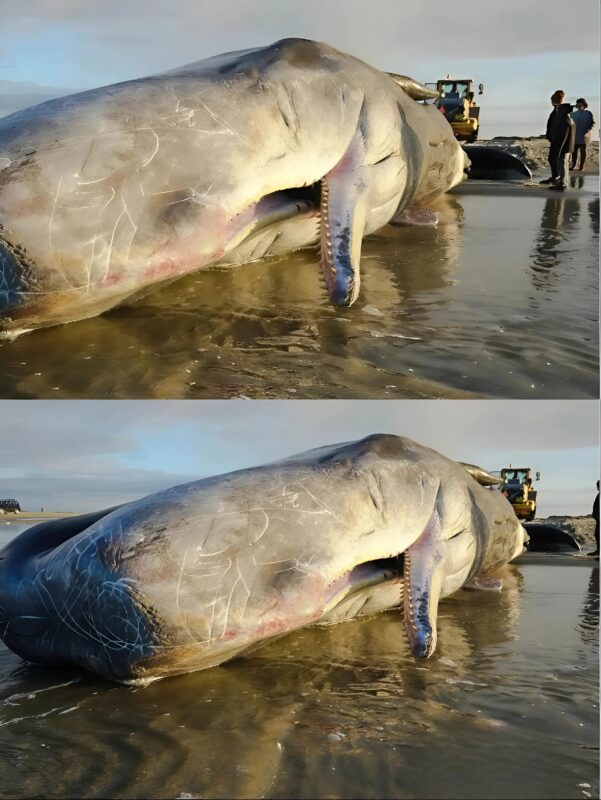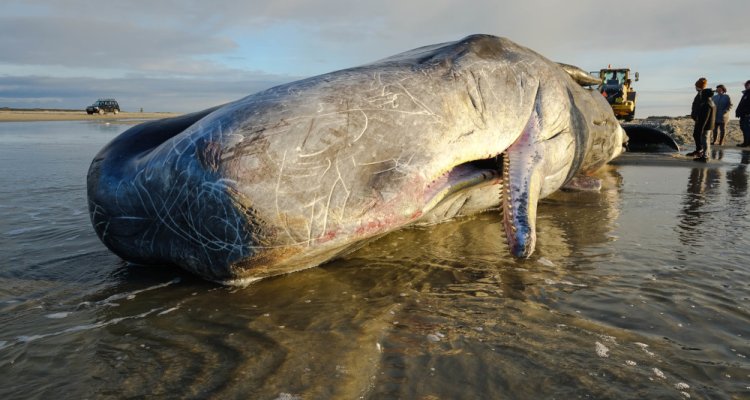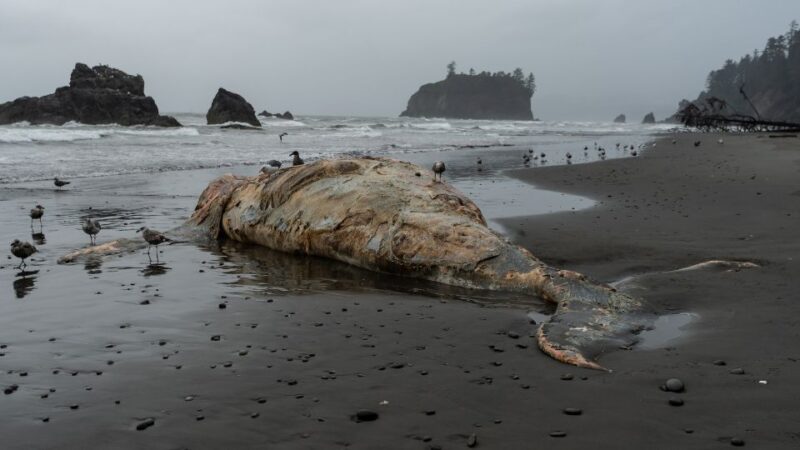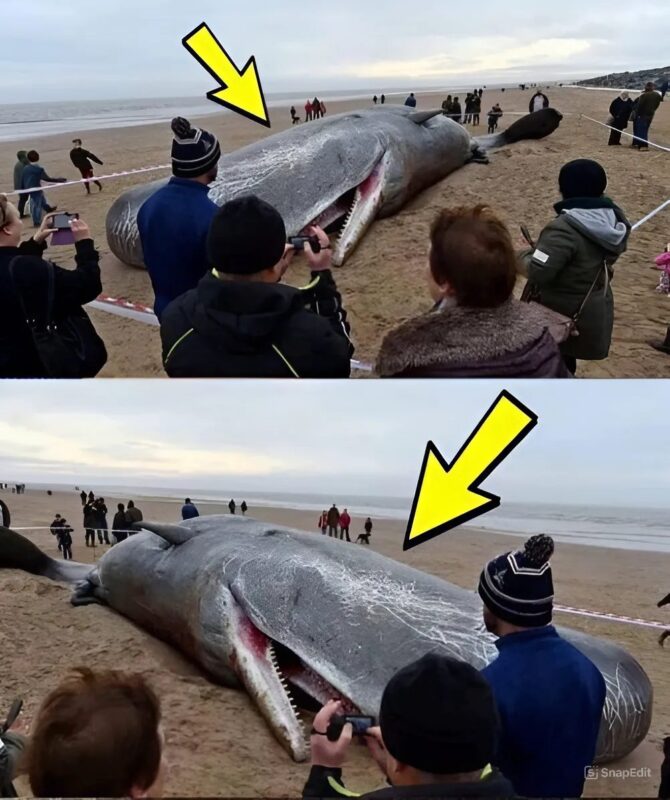When the baby sperm whale washed up on a Spanish beach earlier this year, scientists were anxious to find out what killed it. They think they have the solution after finding over 30 kg (66 pounds) of plastic debris in its stomach.
In the Spanish area of Murcia, the ten-meter-long whale had become stranded on the beaches of Cabo de Palos.
This whale had consumed straw packets, plastic bags, twine, nets, a drum rope, a water container, and other sea life, but sperm whales usually consume giant squid, octopuses, small sharks, and other marine creatures.
Experts surmised that the whale most likely suffered from a stomach-related ailment as it was unable to break down or remove the debris from its body.
“The presence of plastic in our waters and oceans is one of the greatest threats to the protection of flora and fauna, as many animals become trapped in the waste or ingest large amounts of plastic material, which ultimately leads to their death,” said Consuelo Rosauro, Director General of the Environment in Murcia.
Approximately 150 million tons of plastic are currently floating in our oceans, and 8 million more tons are added each.
